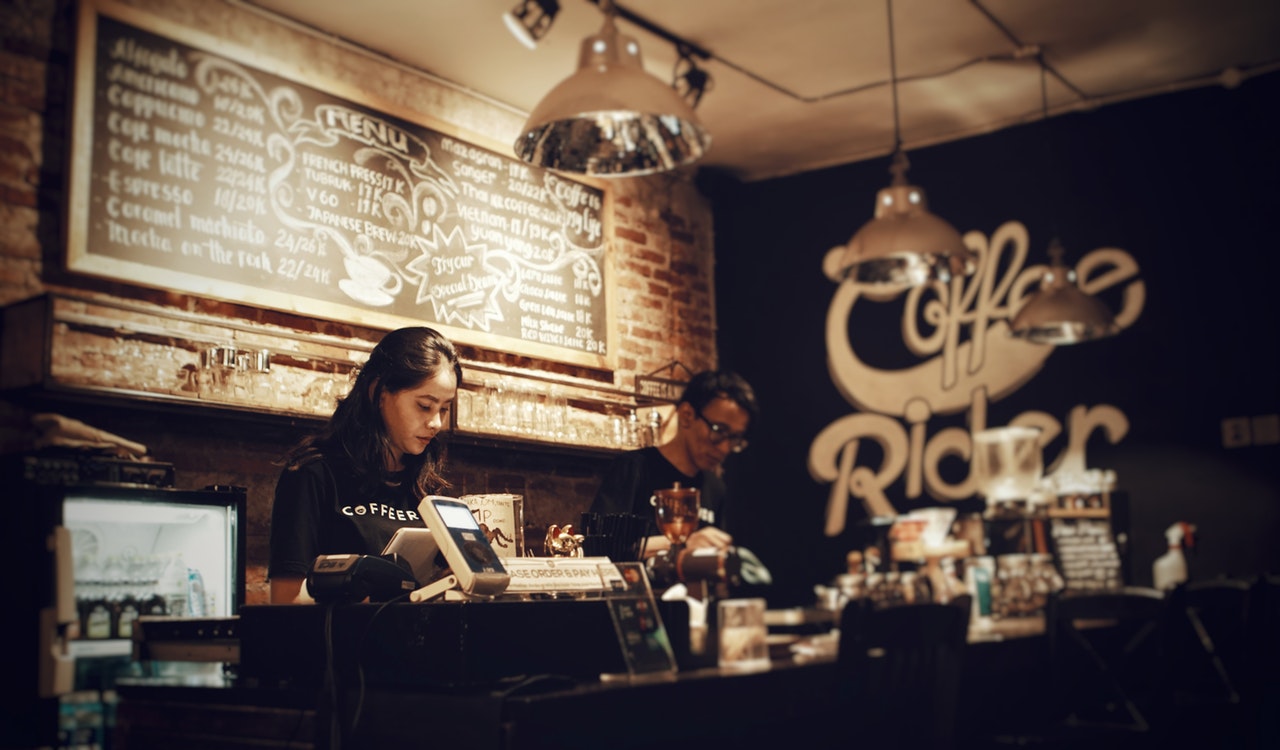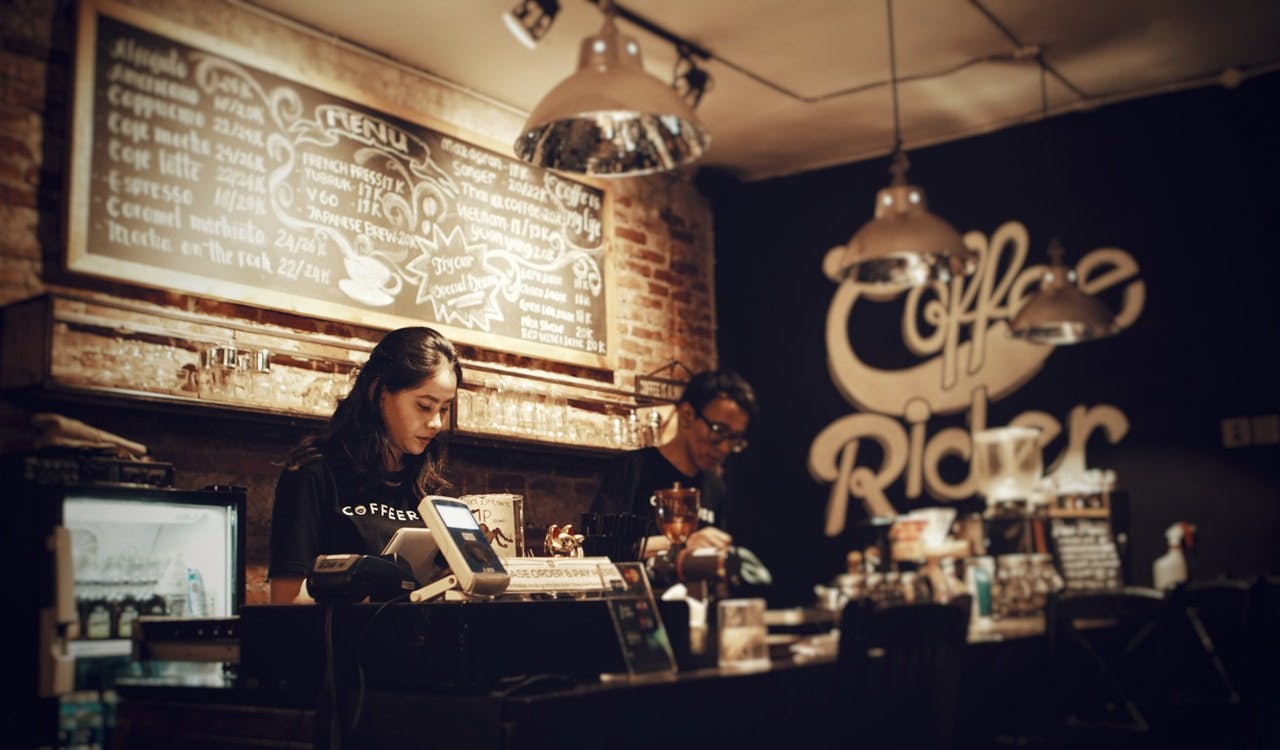
Get the right certifications for your next job in hospitality

When it comes to working in the hospitality industry, whether it is in a licensed premise or an event, it’s important to ensure you have the right certifications. In fact, if you lack the correct certifications, you might even find it difficult to obtain a job in the hospitality industry. Below, we cover some of the most important certifications to have and the best ways to obtain them.

RSA
A Responsible Service of Alcohol Competency Card is considered a necessity for working in the hospitality industry. In fact, you cannot legally work in the hospitality industry in Australia without an RSA Competency Card. This card is mandatory for anyone who is employed in any type of position in any establishment that sells alcohol.
Even if you are a holiday visa holder who only wants to work while on vacation, you will still need an RSA Competency Card. Although the requirements for obtaining this card do vary among states, in most cases, you’ll need to take a training course to learn the current laws regarding alcohol consumption. This type of course will help to ensure you are legally and responsibly able to serve alcohol.
One of the reasons the course requirements differ among states is that the laws regarding the responsible service of alcohol are different among the states. Consequently, you may need to take a different course for each Australian state in which you wish to work.
If you do not have an RSA Competency Card, you could be fined. Each employee is personally liable for having this card if they work in an establishment that serves alcohol. If you are found to be working in such an establishment and you do not have the requisite RSA, you could be fined as much as $440.
While you could take this course in person, you could also take an online course. An online course is often a good option for someone who does not have time to take away from work or other responsibilities to take an in-person course.
Barista Course
If you are interested in entering the coffee profession, there are different avenues available. At one time, becoming a barista was as simple as filling out an application at a location with a “help wanted” sign. Today, there is far more to being a barista, and many people actually make it a profession rather than just simply something to do while working their way through school.
As a respected and often full-time profession, being a barista means that you will need special training. Enrolling in a barista training program will teach you how to grind and brew coffee in addition to a variety of other coffee-based drinks.
In a barista training course, you can also receive instruction on various growing regions for coffee beans, different roasts, and even different grind types. Barista training also usually includes procedures for cash register operation, customer service, and inventory. Fancy Beans and Baristas helps students prepare to find jobs in bistros, coffee shops, and even free-standing coffee kiosks by providing instruction on roast profiles, growing regions, and grind types.
Additionally, this course teaches students about common workflows and other procedures for the job. Prospective baristas will also learn how to steam soy and dairy milks as well as how to use equipment commonly utilized in coffee shops, such as coffee bean grinders and espresso machines.
Food Safety Training
Individuals who are interested in working in practically any capacity in the hospitality industry would do well to receive food safety training. Whether you are working in a restaurant, food stand, or in some other capacity, it’s important to understand how to minimize contamination. Food hygiene and safety training teaches food handlers the proper techniques for handling, storing, and cleaning food.
Not only do these practices ensure customers do not become ill due to food poisoning or allergic reactions, but they also help to reduce food waste and improve efficiency in the workplace.
One of the biggest concerns in the hospitality industry is cross-contamination. This occurs when food is handled in a way that makes it possible for allergens or bacteria to spread from one area to another. It is essential that cross-contamination is avoided in food settings. Even a minute amount of contamination can result in an allergic reaction or food poisoning. It can be quite easy for salmonella, E. coli, and other bacteria to spread in a food setting. Allergens can be similarly spread.
Proper food handling safety practices can also assist in reducing food waste in eating establishments. For instance, storing food in unsuitable containers, at inappropriate temperatures, and without proper rotation can all result in food waste. Food hygiene training provides instruction regarding how to properly store and organize food. Such practices help to maintain food quality while minimizing waste and saving money. This type of training course also assures that staff understands how to improve efficiency by dividing tasks and preventing errors.
The course Hospitality Plus – Food Safety provides instruction regarding how to implement and follow food safety procedures.
Working in the hospitality industry can offer innumerable benefits, including the opportunity to travel. In order to take advantage of the many rewards offered by working in this industry, it’s important to ensure you have the right certifications. Online training can help you to get the training you need to land the hospitality job you want.




